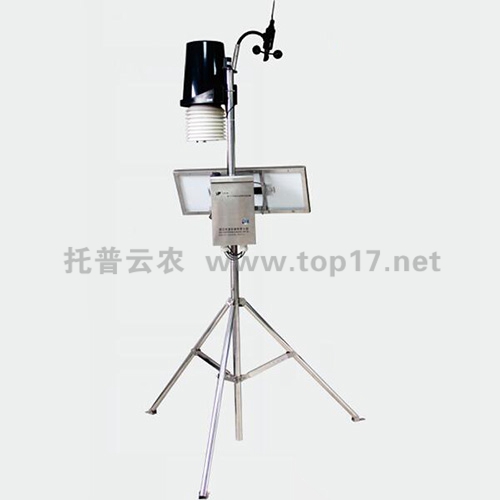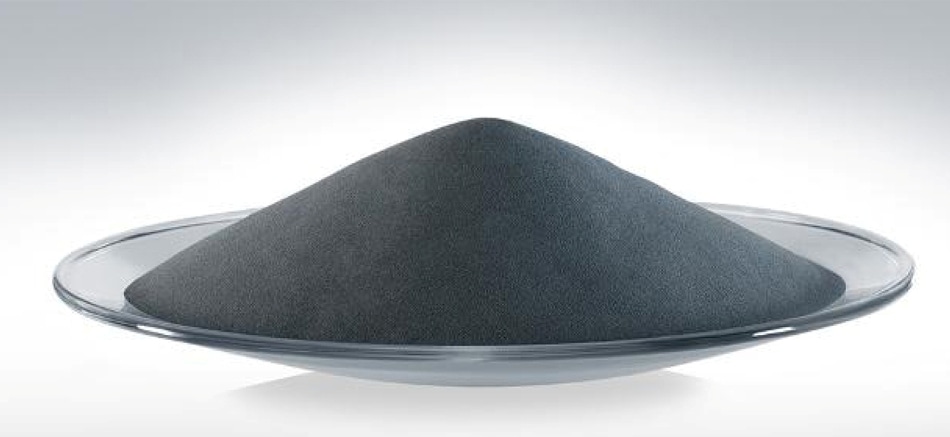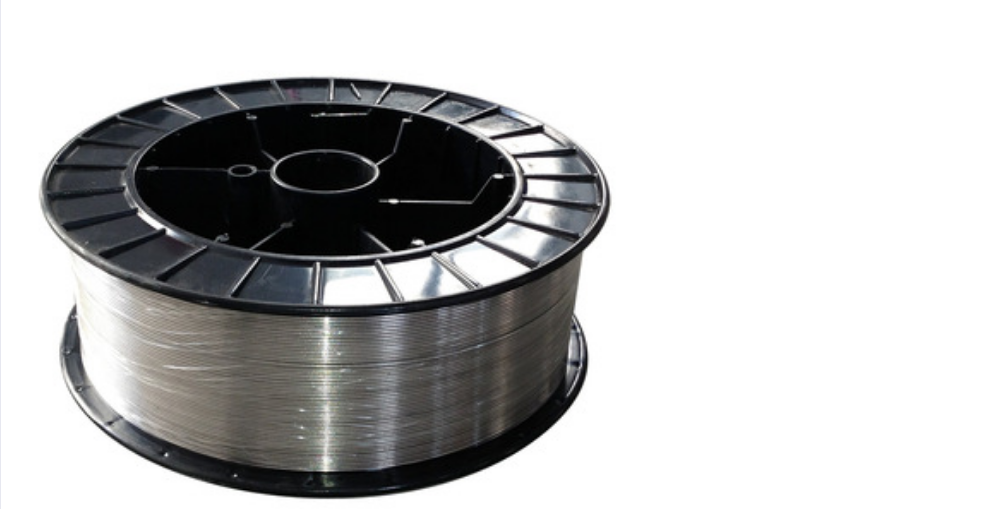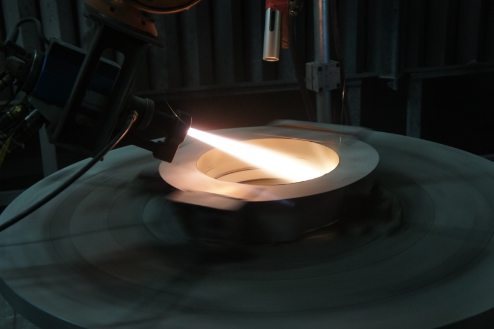At present, the scale and intensification of agricultural cultivation are continuously increasing, the difficulty of planting management is also increasing, and the ability of agriculture to resist disasters is also weakened. Therefore, in order to better serve modern agricultural production and provide security for crop growth, the level of agricultural weather monitoring services also needs to be correspondingly improved. The small weather station is dedicated to the monitoring of small meteorological weather. The meteorological indicators that can be monitored include air temperature, humidity, light intensity, wind speed, direction, rainfall, etc., which are applied to agricultural production management and can provide reliable and timely growth for crops. Provide scientific data and meteorological data, seek advantages and avoid disadvantages, and further increase the economic benefits of agricultural cultivation. Small weather stations can be used in experimental fields, agricultural greenhouses, orchards and other planting fields to provide scientific meteorological observation services for agricultural cultivation. At present, the application needs of small weather stations are relatively high. Users can choose this product to meet their own needs. The main points of selection of small weather stations are mainly the convenience, accurate data, and timely forecast. In general, a small weather station is a very cost-effective agricultural meteorological observation instrument. One instrument can observe a number of basic meteorological elements, allowing users to keep abreast of weather changes and avoid the loss caused by natural disasters. The small-scale meteorological station that serves agricultural production mainly observes several basic meteorological elements such as air temperature, humidity, light intensity, wind speed, direction, and rainfall, and generally meets the demand. For small-scale meteorological stations used in agricultural research, the main purpose It is the breeding, development and promotion of science and technology. Therefore, more meteorological elements need to be monitored. The NL-5G small-scale meteorological station provided by Topsun will be able to match according to the user's needs, increase or decrease the observed meteorological elements, and at the same time meet different work needs such as production and scientific research.
Metals, alloys and composite powders commonly used in thermal
spray hardfacing technology and coating service. These unique powders are
instantly heated by thermal spraying (welding) methods such as high temperature
flame or explosive flame, and are sprayed and deposited on the cold or hot
workpiece surface with high-speed heat flow in a molten or semi-melted state to
form a surface Reinforcing layer, in order to improve the wear resistance,
corrosion resistance, heat resistance, oxidation resistance or repair of
external dimensions of the workpiece surface. XTC produces WC, CrC, Oxide
Ceramic, Boride Powder, Metal Alloy Powder, Pure Metal and Spray Wire, etc.
product. For HVOF/HVAF/plasma/Flame spray coating and applications. Meet the
wear and corrosion resistance requirements of different surfaces.
WC, CrC oxide ceramic powder and boride
products are excellent in wear resistance and high temperature corrosion
resistance. Taking WC products as an example, the hardness can reach
HV1300-1500, and the temperature of CrC products can reach 800 degrees Celsius.
Metal alloy powder, Pure Metal and Spray
Wire products have more applications in glass mold, steel and machinery
industries. And XTC products are now become more and more popular in Metal
spray coating and thermal spray coating industry.
Coating Service,Metal Spray Coating,Flame Spray Coating,Thermal Spray Coating Luoyang Golden Egret Geotools Co., Ltd , https://www.xtcwelding.com


